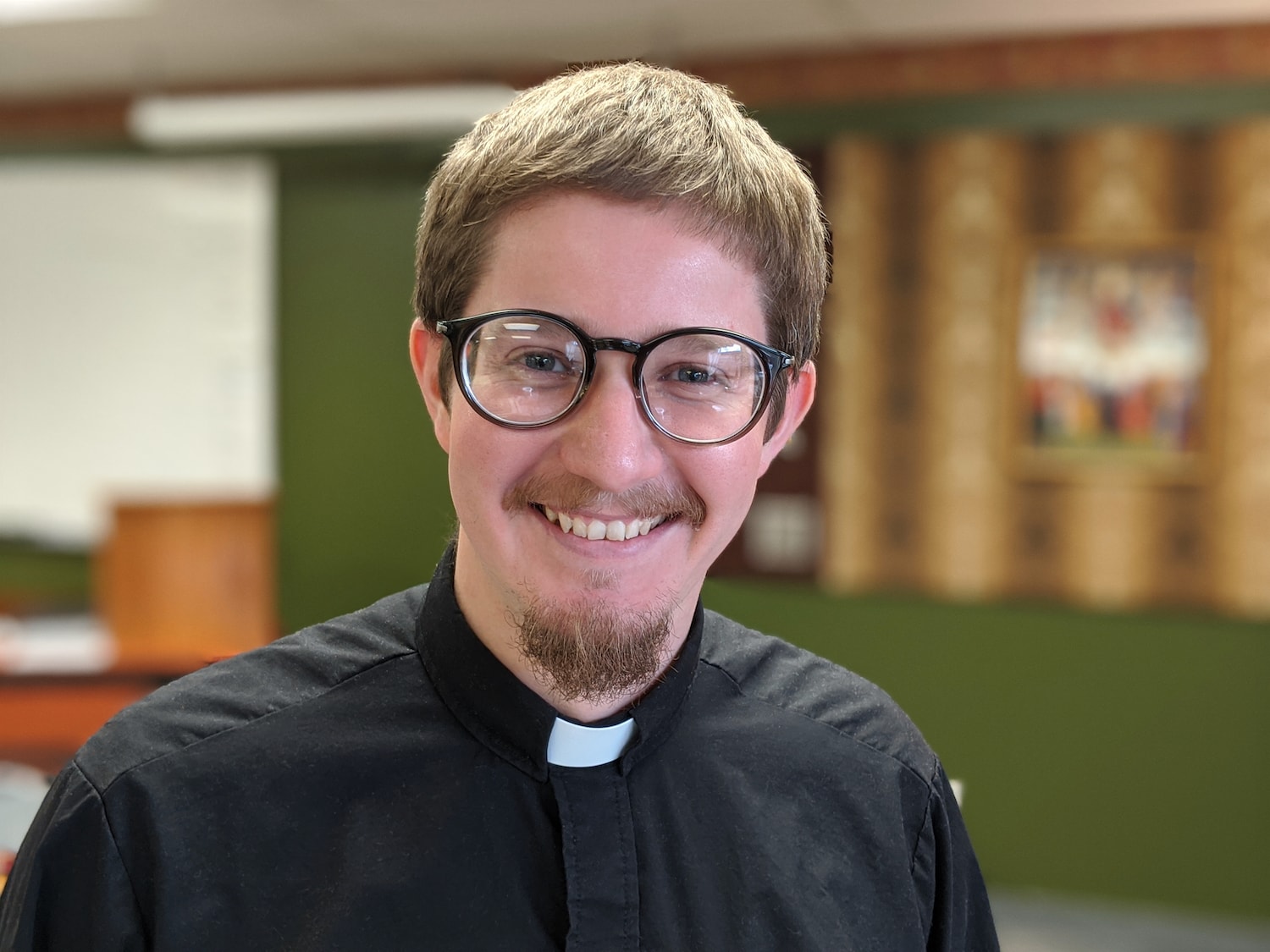John Milton is a poet, and he is most well known for writing “Paradise Lost.” He was born in 1608 and received an education that featured the classical languages (Greek and Latin). By the age of 17, Milton was writing Greek and Latin poems, which are some of the earliest of his works and a testimony to the value of a classical education. Around the age of 36 Milton began to lose his eyesight, and by the age of 44 he was completely blind. Amazingly, it was after he had been blind for six years that he began composing “Paradise Lost.” He would write the verses in his mind and then dictate them to various aides.
Here’s a poem that Milton wrote around 1652 when he had completely lost his sight. Sometimes in poetry compilations it’s titled “On His Blindness,” though it’s also known by its first line. Without further ado:
When I consider how my light is spent,
Ere half my days, in this dark world and wide,
And that one Talent which is death to hide
Lodged with me useless, though my Soul more bent
To serve therewith my Maker, and present
My true account, lest he returning chide;
“Doth God exact day-labour, light denied?”
I fondly ask. But patience, to prevent
That murmur, soon replies, “God doth not need
Either man’s work or his own gifts; who best
Bear his mild yoke, they serve him best. His state
Is Kingly. Thousands at his bidding speed
And post o’er Land and Ocean without rest:
They also serve who only stand and wait.”
Milton laments that his “light is spent” (he is blind) before half his days in the world are over. He laments that he wants to use the one talent that’s been entrusted to him (see Matthew 25:14-30), yet has not the sight to do it. When he considers these things, he asks whether God requires him to labor when God has denied him sight. Yet he acknowledges that he asks this “fondly,” meaning foolishly. Patience gives the response: God doesn’t need man’s work, nor does he need as gifts the things that he gave to man in the first place. Simply bearing one’s yoke in life without accusing God of wrongdoing is a great service. Thousands of angels are at God’s beck and call, so God does not need us for service. Milton’s final line, “They also serve who only stand and wait,” calls to mind Moses’ words to the people of Israel as they stood by the Red Sea with Pharaoh’s army approaching: “Fear not, stand firm, and see the salvation of the Lord, which he will work for you today. For the Egyptians whom you see today, you shall never see again. The Lord will fight for you, and you have only to be silent” (Ex. 14:13-14).
In Christ,
Pastor Richard

